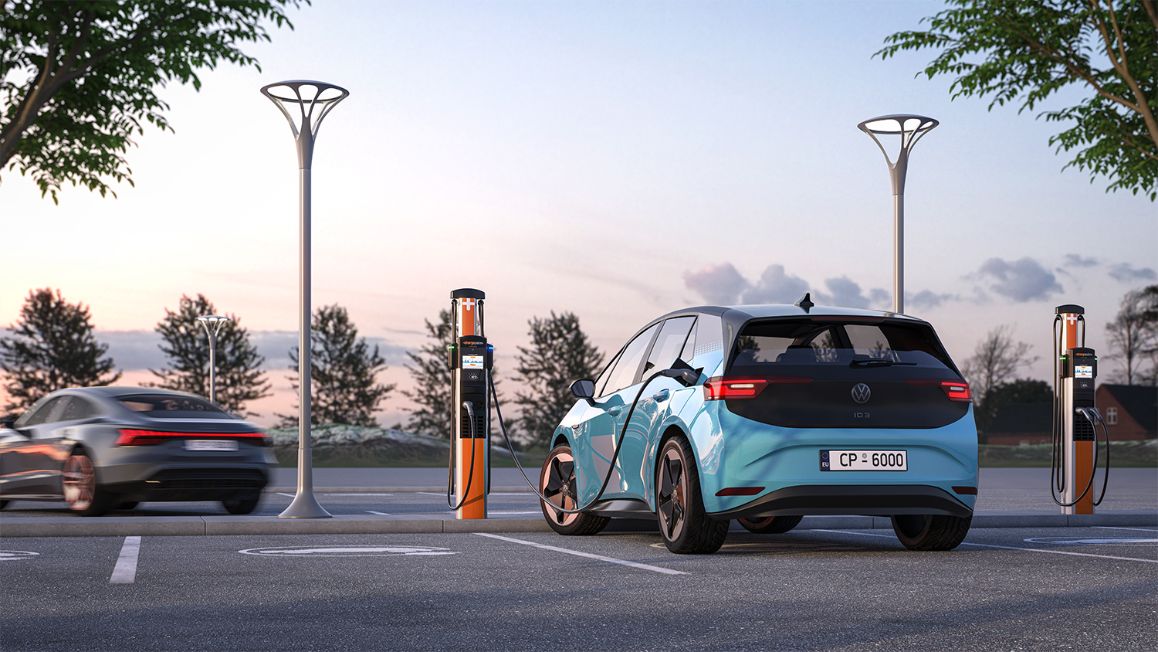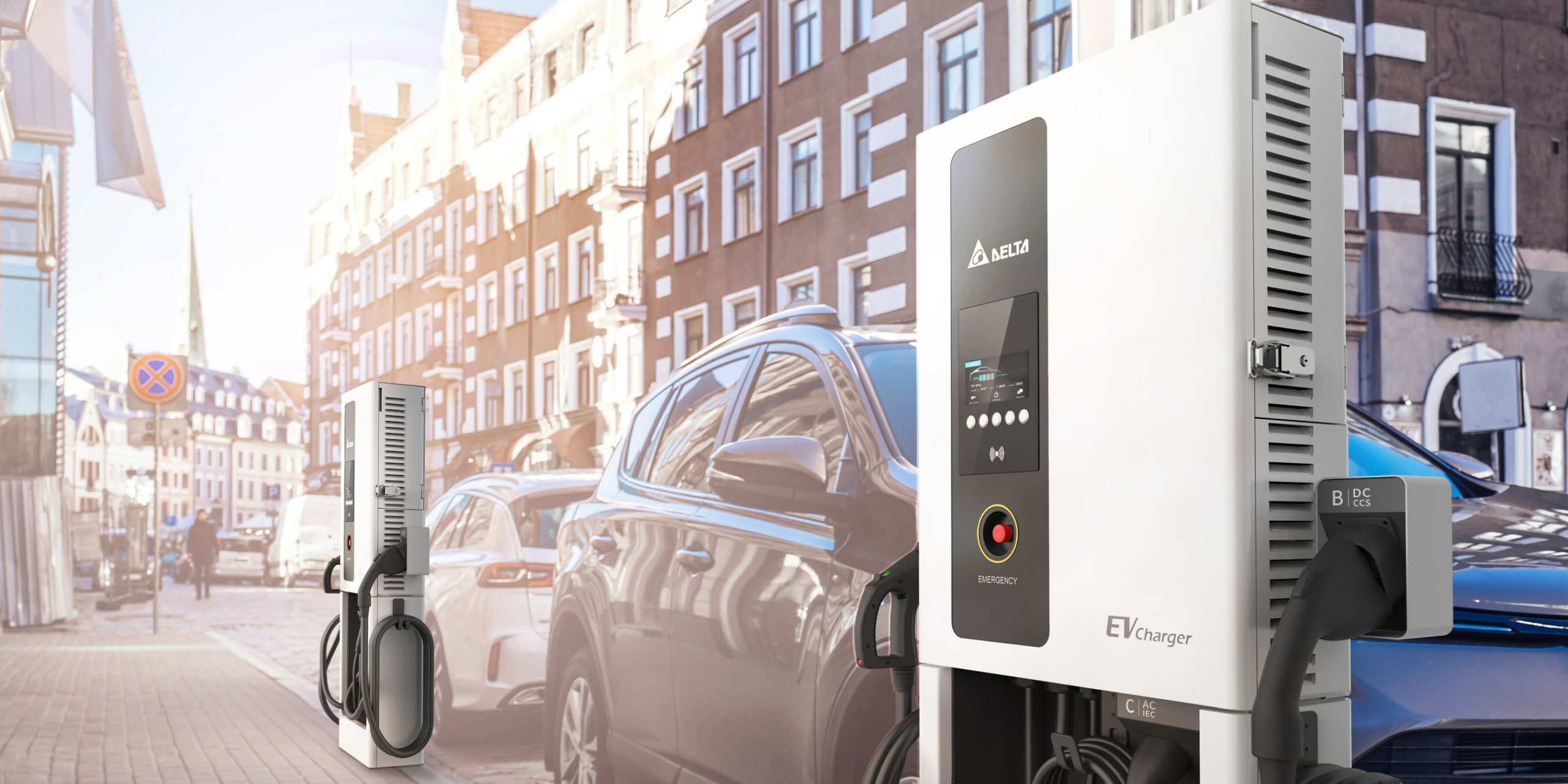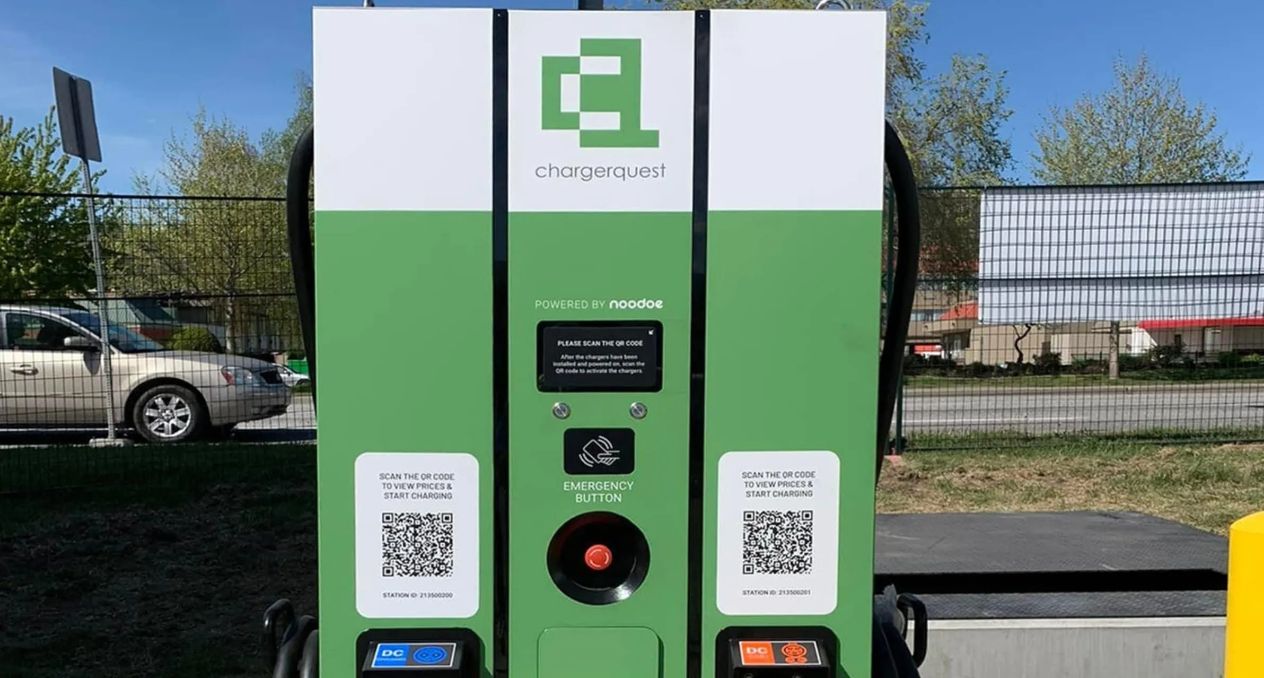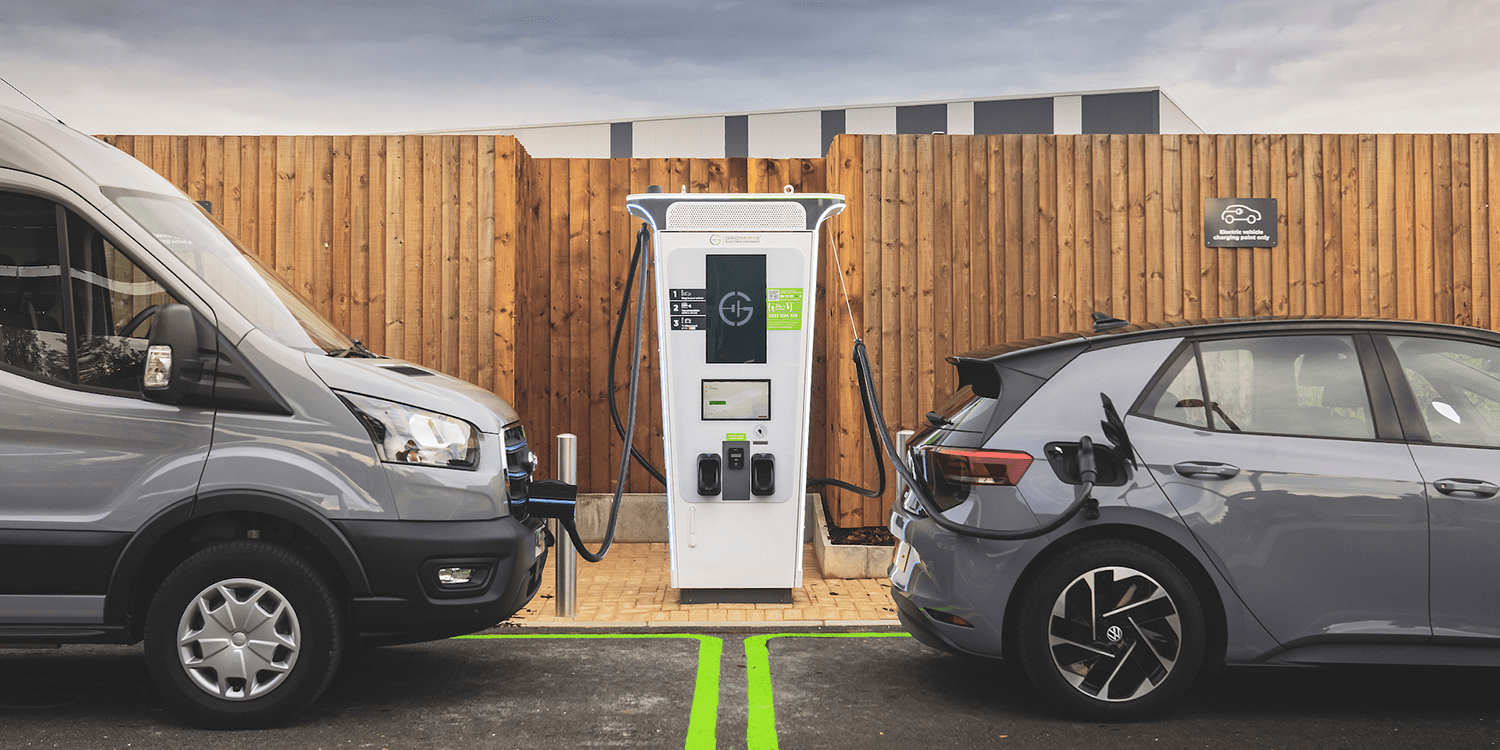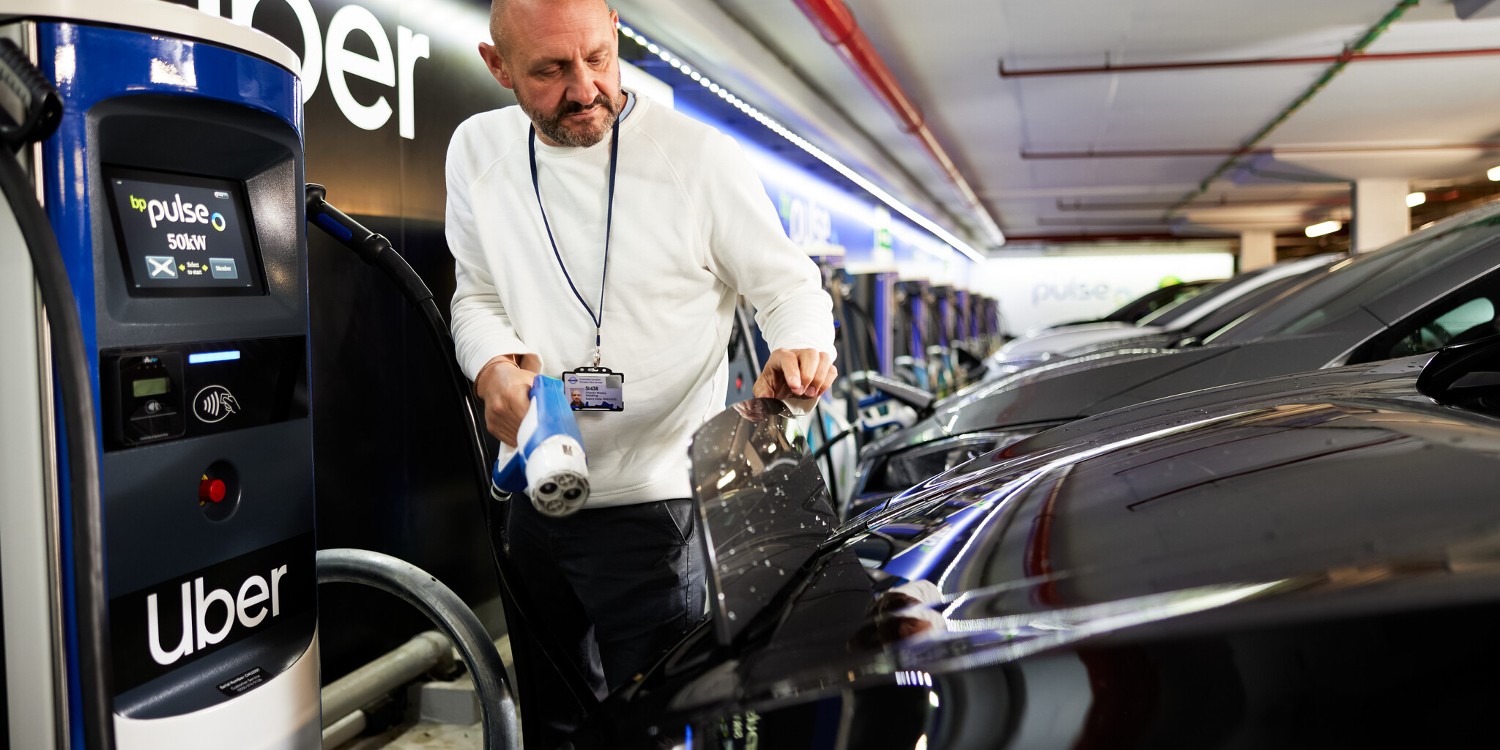Switzerland’s love for electric cars may come at a price, as the Federal Council initiates an amendment to the Automobile Tax Ordinance, which would abolish the exemption of electric vehicles (EVs) from the automobile tax from 1 January 2024. This would subject electric cars to the normal tax rate of four percent in the future, making them more expensive.
The Federal Council’s decision aims to counteract the decline in revenue from the automobile tax and secure deposits for the National Roads and Agglomeration Transport Fund (NAF). As the share of electric cars in total car imports increases and their prices converge with traditional vehicles, the promotional instrument of tax exemption is no longer necessary.
According to the Federal Council, the tax will be levied on the import price of the vehicles and not the final sales price, meaning that the final price of a car will increase by less than four percent even if the tax is passed on to consumers in full. The Council hopes that this move will contribute to the government’s goal of reducing carbon emissions and meeting its commitments under the Paris Agreement.
While some may argue that the decision may discourage consumers from buying electric cars, others argue that it is a necessary step to ensure that all car owners contribute to the upkeep of the nation’s roads. “The automobile tax is an important source of revenue for the NAF, which is responsible for financing the country’s roads and infrastructure,” says a spokesperson for the Federal Council.
See also: Overcome the supply chain crisis, Hyundai initiates its own semiconductor chip production
However, this bill does not include a planned levy on vehicles with alternative drive systems to compensate for falling revenues from the mineral oil tax. The Federal Council intends for this levy to come into effect no later than 2030.
The future of EVs in Switzerland remains uncertain, but it is clear that the Federal Council is committed to ensuring that all car owners contribute their fair share to the nation’s infrastructure. Whether this will result in a shift towards traditional cars or an increased commitment to reducing carbon emissions remains to be seen.


